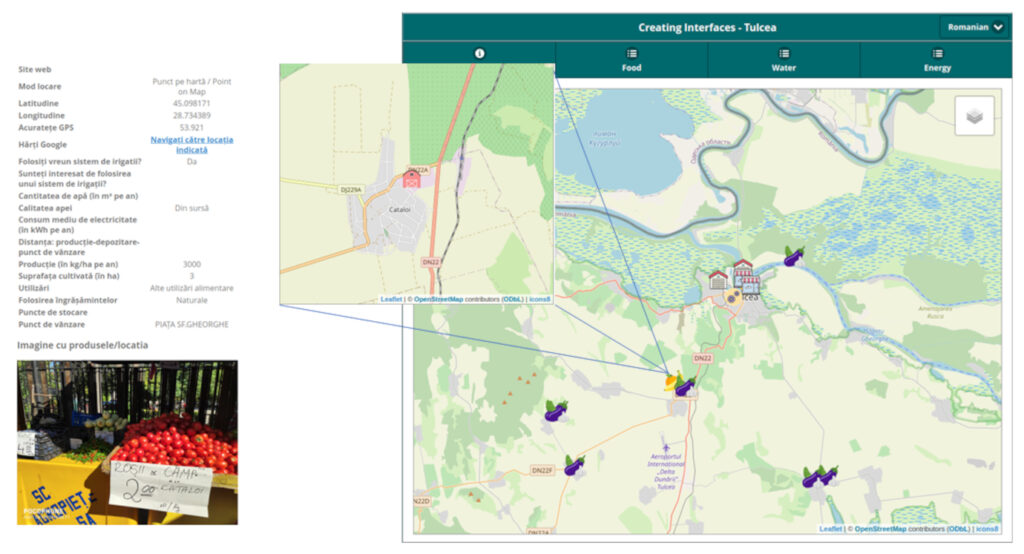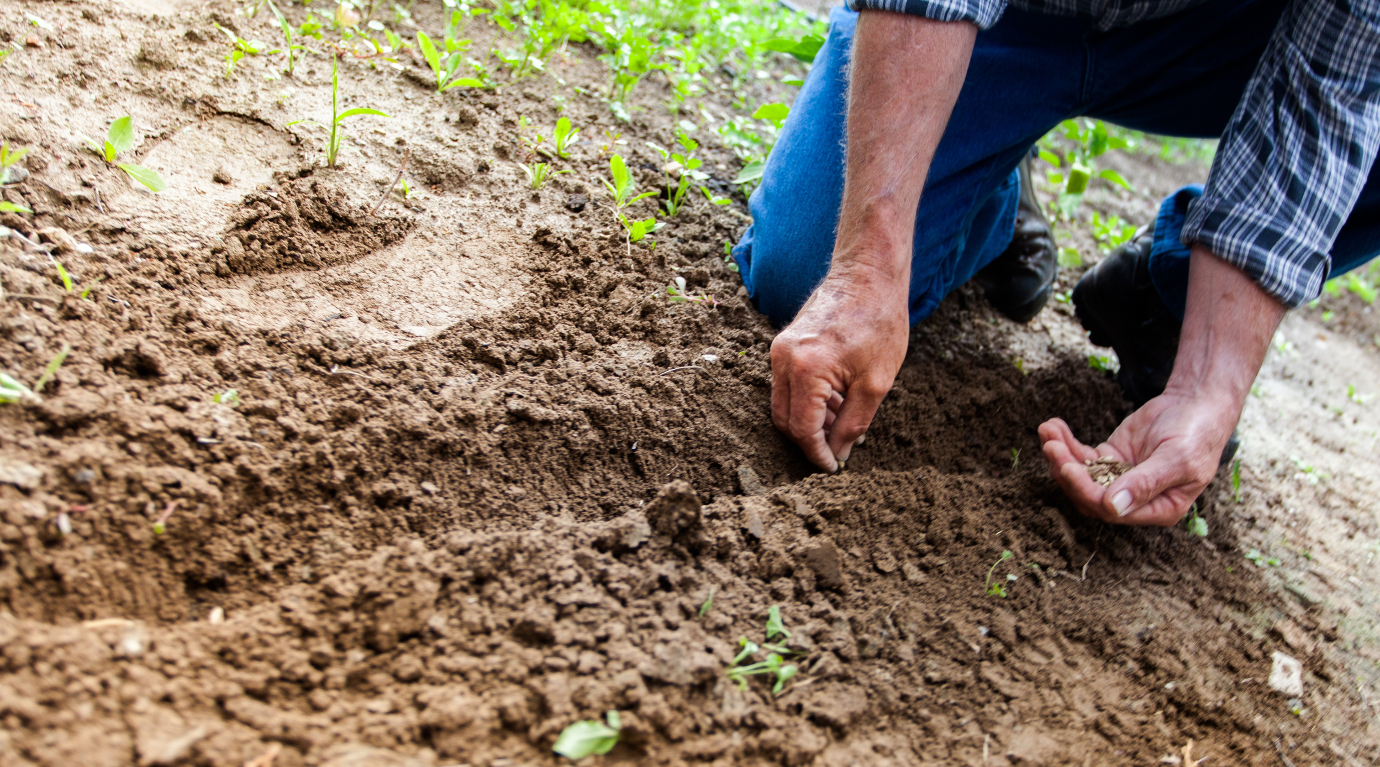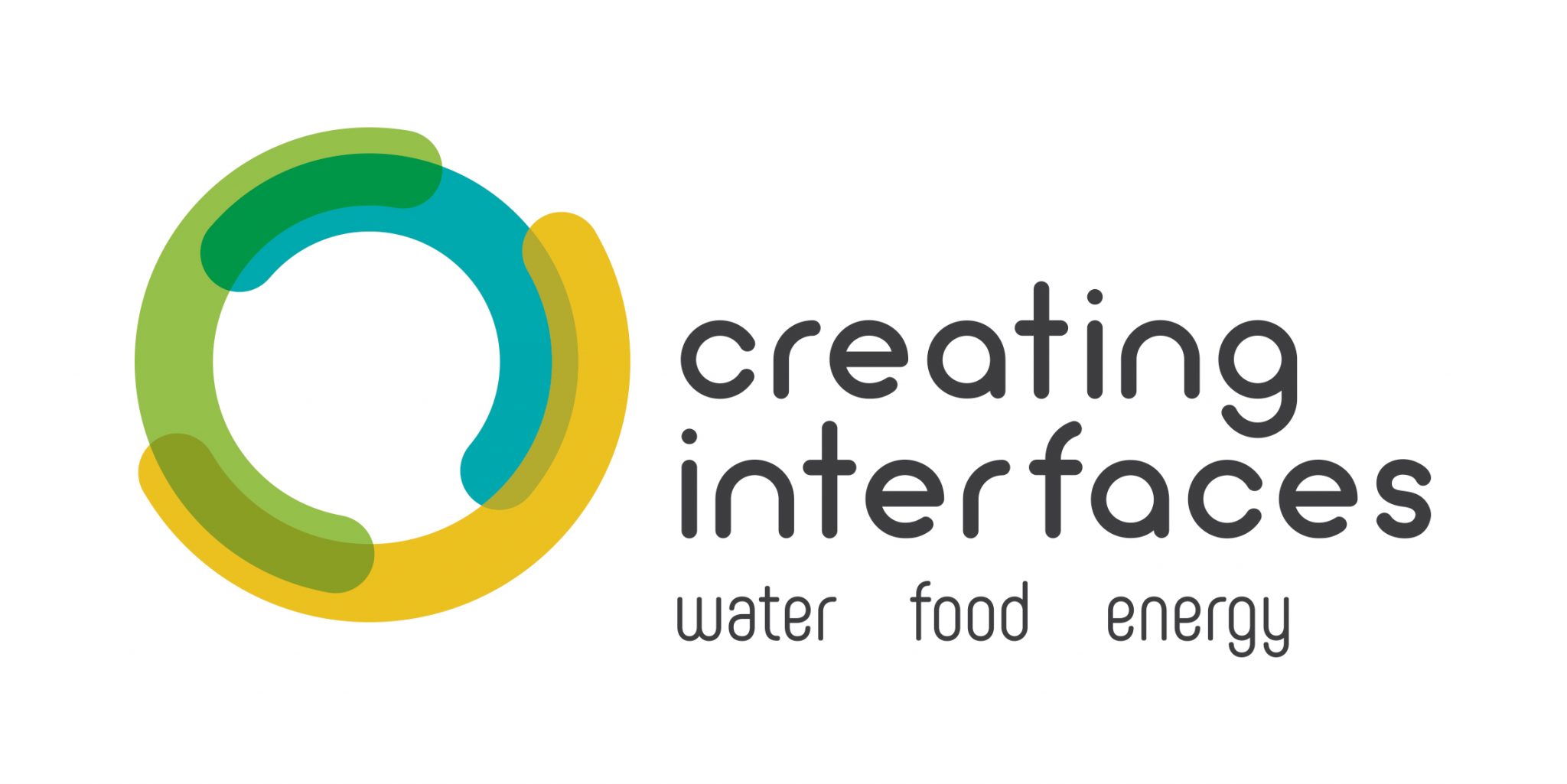Data Management for Citizen Science Projects
Building capacity for integrated governance at the food-water-energy-nexus in cities on the water
Creating Interfaces has explored socio-technical interfaces at the food-water-energy (FWE) nexus in cities near water. Aiming to increase urban sustainability, resilience, and quality of life, this project builds local capacity through innovative approaches in coordinated knowledge creation, governance and exchange.
A multi/transdisciplinary, international team representing natural and social sciences, humanities, engineering, data and computer sciences, urban planning as well as civil society and business actors conducted research on stakeholder interactions and decision-making in the FWE sectors. It explored data governance and investigates novel approaches to participatory knowledge generation and citizen science along with their implementation. The project helped to answer central questions surrounding the integration of novel citizen-driven knowledge creation into the governance process and urban infrastructure planning procedures. Common research frameworks and a close interdisciplinary and transdisciplinary cooperation provided a basis for comparative analysis and co-production of transformative knowledge.
The development of socio-technical interfaces and decision support tools was driven by the needs of stakeholders, the FWE actors, and members of the public following an Urban Living Lab framework. Users, as co-creators, tested and evaluated creative solutions and ideas, e.g. citizen science tools and approaches.
52°North developed interoperable citizen science and decision support workflows for providing data collection and analysis functionality. This was part of different Urban Living Labs and Citizen Science approaches in the three partner cities: Tulcea (Romania), Wilmington (USA) and Slupsk (Poland). We evaluated existing Citizen Science concepts, advance the identified baseline components and contribute our findings to international standardization activities aimed at increased interoperability among Citizen Science projects. According to our partners’ specific requirements, we also customized identified tools and frameworks.
52°North’s activities in 2022 focused on finalizing the project. This included last adjustments to the tool set, as well as contributions to the project’s final deliverables and reports.

Partners
Coordinator: EIfER – Europäisches Institut für Energieforschung, Germany
University of Delaware, School of Public Policy and Administration, USA
The National Center for Atmospheric Research (NCAR), USA
University of Warwick, Centre for Interdisciplinary Methodologies, United Kingdom
Pracownia Zrównoważonego Rozwoju (PZR), Poland
SweGreen, Sweden
Nicolaus Copernicus University Toruń, Institute of Sociology, Poland
Danube Delta National Institute for Research and Development (DDNI), Romania

